here do they go and who will take them? What rights do migrants seeking safety have? Who worries about them in a world that is focused on coping with Covid?
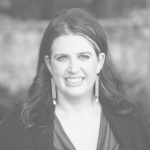 Becca Heller is the co-founder and Executive Director of the International Refugee Assistance Project. IRAP provides legal assistance to refugees all over the world. She has received numerous awards for her work with IRAP, including the Tallberg Eliasson Global Leadership Prize and a MacArthur Fellowship. Becca resides in Brooklyn, NY.
Becca Heller is the co-founder and Executive Director of the International Refugee Assistance Project. IRAP provides legal assistance to refugees all over the world. She has received numerous awards for her work with IRAP, including the Tallberg Eliasson Global Leadership Prize and a MacArthur Fellowship. Becca resides in Brooklyn, NY.
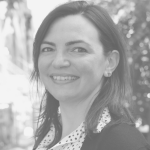 Kristine Rembach is the Director of Complementary Pathways at the International Refugee Assistance Project (IRAP), based in Berlin, Germany. In this role, she leads IRAP’s legal assistance work on family reunification, humanitarian visas, and other pathways to safety for refugees in Europe and the U.S.
Kristine Rembach is the Director of Complementary Pathways at the International Refugee Assistance Project (IRAP), based in Berlin, Germany. In this role, she leads IRAP’s legal assistance work on family reunification, humanitarian visas, and other pathways to safety for refugees in Europe and the U.S.
Prior to joining IRAP, Kristine was the Director of the Refugee Legal Aid Program (RLAP) at St. Andrew’s Refugee Services in Cairo, Egypt, where she supervised a team representing refugees in resettlement, refugee status determination, and protection matters. Before joining RLAP, Kristine was a litigation partner at Katten Muchin Rosenman LLP in Washington, DC.
The world is a mess: climate change in real time, the lingering and sometimes resurgent pandemic, widespread social and political unrest, high pitch geopolitical tensions. In the midst of this firestorm, people are suffering. Climate migrants need to escape fires, hurricanes and floods. Economic migrants want better lives. Families flee wars and oppression.
Where do they go and who will take them? What rights do migrants seeking safety have? Who worries about them in a world that is focused on coping with Covid?
Lawyers Becca Heller and Kristine Rembach are in the business of finding answers, one refugee or migrant at a time. Listen as they discuss the state of global migration today.
Let us know what you think and comment below.
Listen to the episode here or find us on a podcast platform of your choice, (Apple podcast, Spotify, Acast, Stitcher, Libsyn, YouTube, etc).
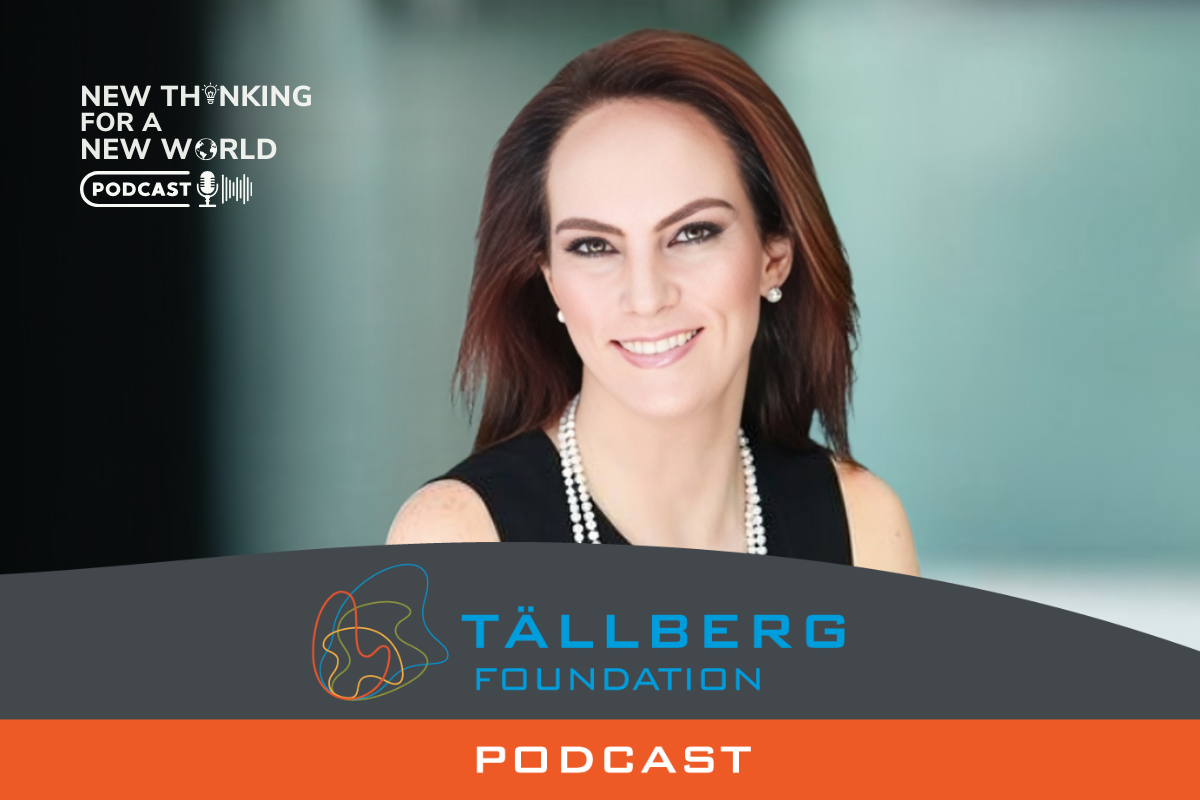
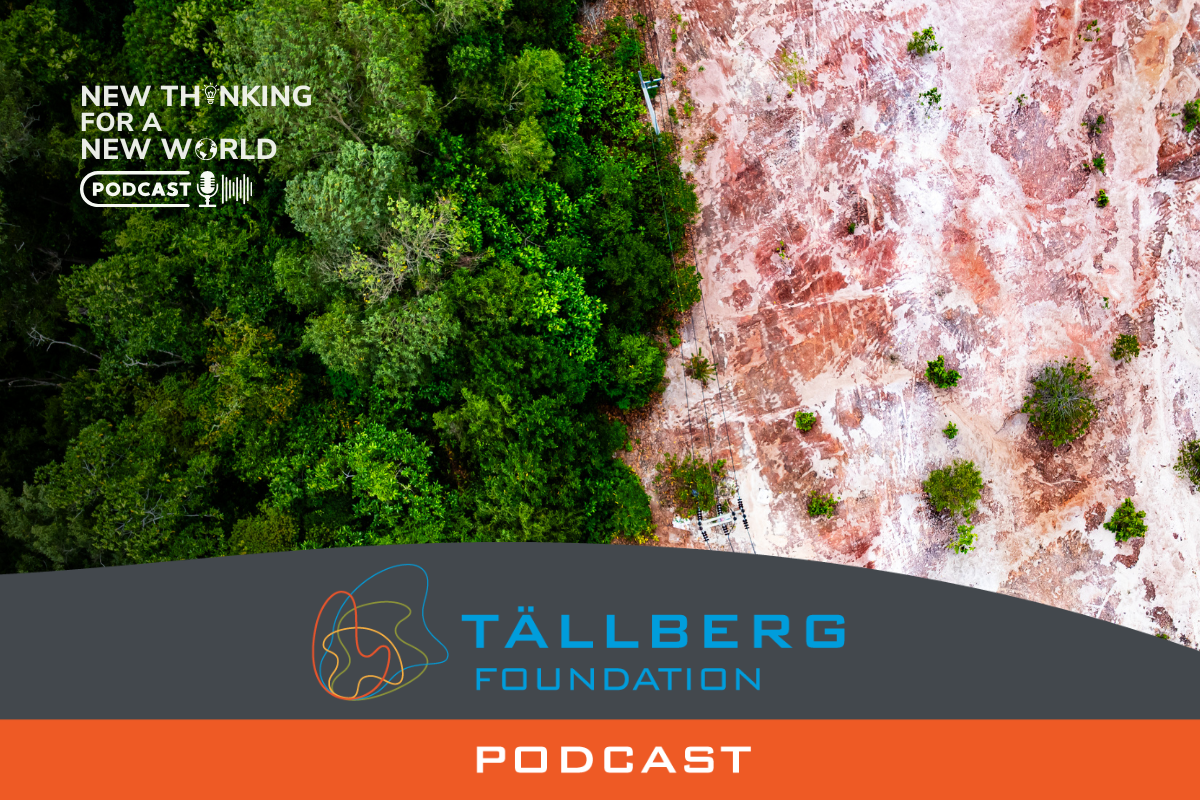
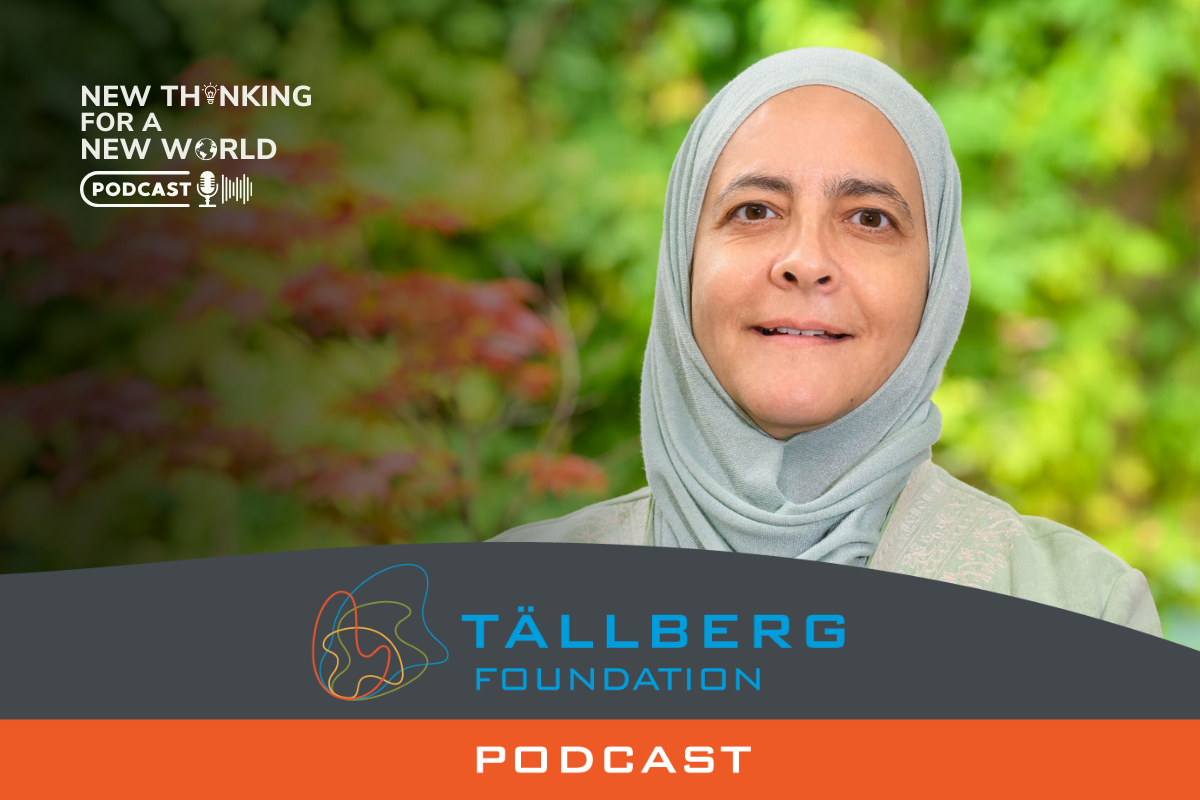
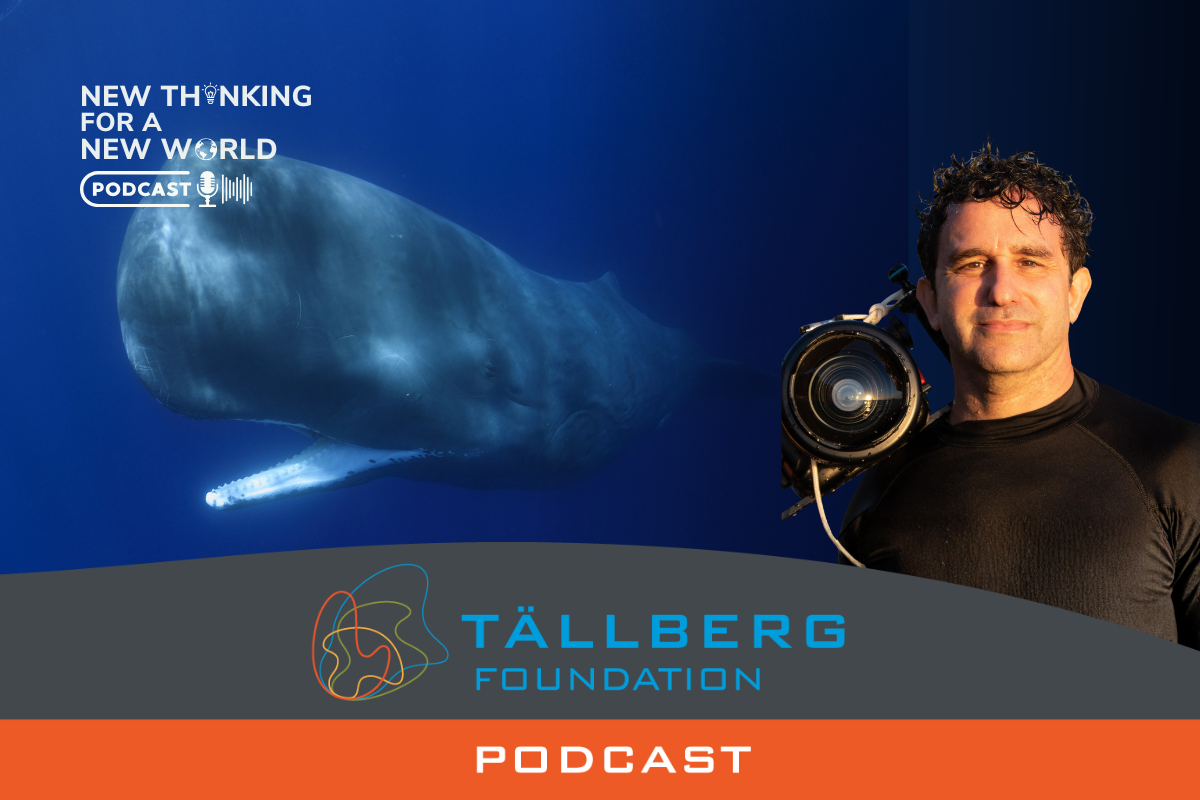
I would argue that the best way to move toward a more humane world ( away from entitlement, violence, sexism, populism, religious extremism, etc) is to provide the “non migrants” with what it takes to welcome/embrace change, differences and diversity and be humanly creative with them. The best method for this is according to me the one developed by a few so-called developing agencies, like the Swiss Development Cooperation called cross-culture training where cultural differences is a tool to practice and develop one own abilities to meet change/differences/diversity with openness and creativity. And no it does not take much time to learn to bike. One may not be a mountain biker after a day but the subconscious will learn from life afterwards. I needed to say this because addressing the needs (legal, material, education, etc.) of the migrants is important but it is only one part of the equation and, if I may, not the most efficacious in a populist society and as we know populism grows rapidly if one does not have the tools to handle, yes, again, change/diversity/differences.
And yes, I speak from practice, as for the last 37 years I improved my cross-culture abilities through my work in sustainable agriculture worldwide and trained so many individuals (teachers, police forces, army, students, hospital personnel and any person who felt that becoming afraid or angry was not an option) who realized that we are not born with the abilities needed to live a humane globalization and that those abilities are as important as mathematics and a powerful rhetoric.
Kind regards,
Jacques